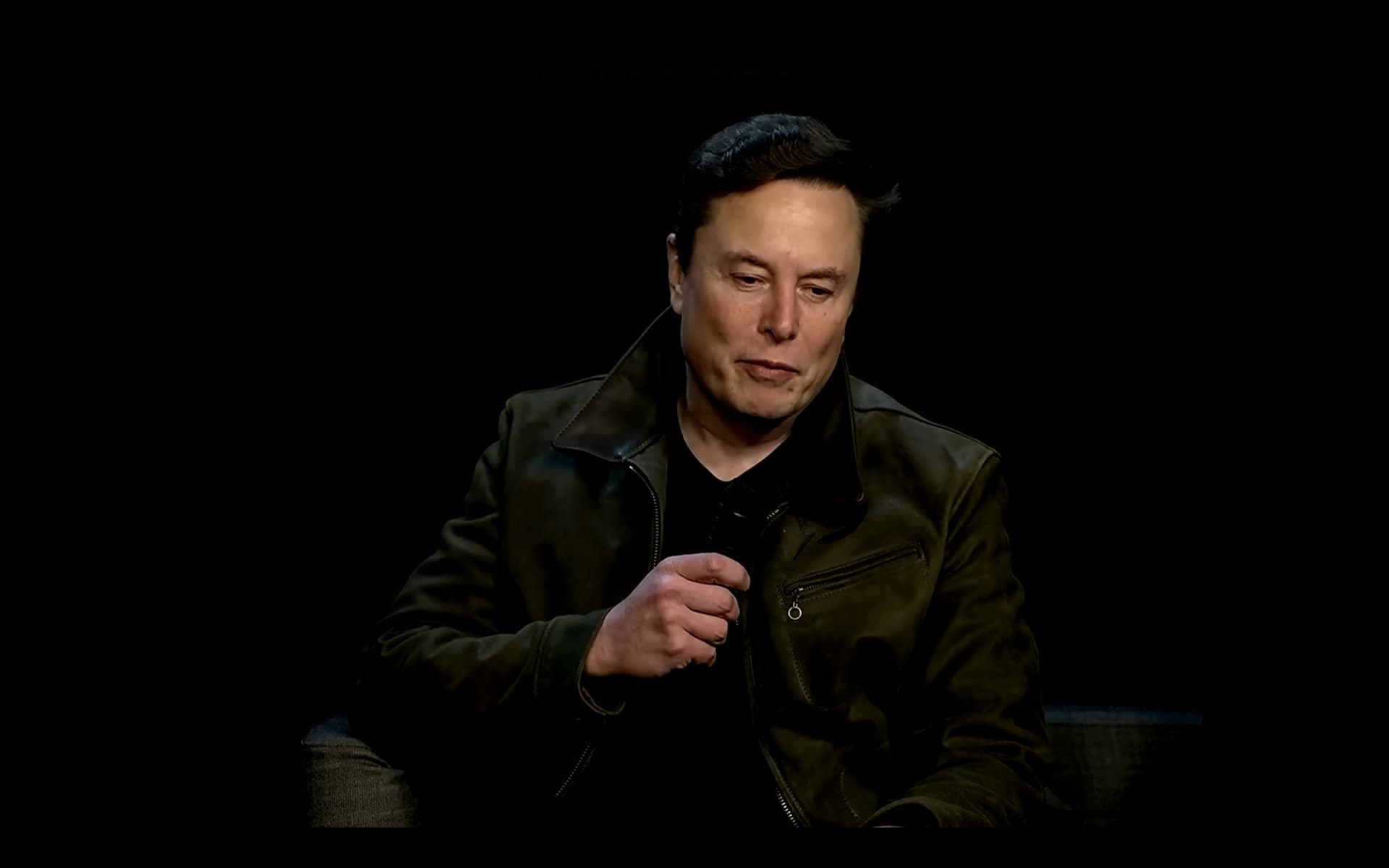Elon Musk attempted to bring Meta chief executive Mark Zuckerberg into his consortium’s $97.4 billion bid for OpenAI earlier this year, the company disclosed in a court filing.
According to sworn interrogations, OpenAI said Musk had discussed possible financing arrangements with Zuckerberg as part of the bid. Musk’s AI startup xAI, a competitor to OpenAI, did not respond to requests for comment.
In the filing, OpenAI asked a federal judge to order Meta to provide documents related to any bid for OpenAI, including internal communications about restructuring or recapitalisation. The firm argued these records could clarify motivations behind the bid.
Meta countered that such documents were irrelevant and suggested OpenAI seek them directly from Musk or xAI. A US judge ruled that Musk must face OpenAI’s claims of attempting to harm the company through public remarks and what it described as a sham takeover attempt.
The legal dispute follows Musk’s lawsuit against OpenAI and Sam Altman over its for-profit transition, with OpenAI filing a countersuit in April. A jury trial is scheduled for spring 2026.
Would you like to learn more about AI, tech, and digital diplomacy? If so, ask our Diplo chatbot!










